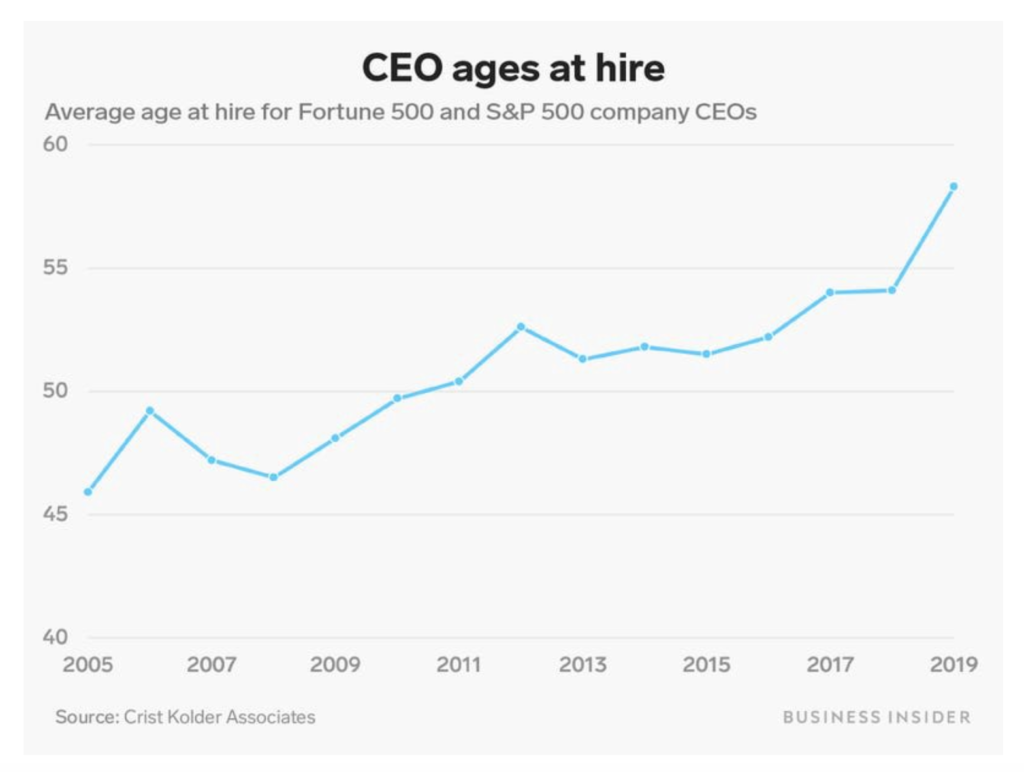We are constantly talking about how do we get more women and minorities (but not those Asian or Indian minorities) into STEM careers. If we only catch them sooner, that will be the key. If we only give them more math, that will be the key. If we only pay teachers more, that will be the key. It’s all false.
A new study out has shown that the number one determining factor at getting anyone interested in going into a high tech field is whether they actually enjoy it or not. Now some things come into play in why someone would enjoy a job. Two main things:
- Do you have confidence you’ll do well at it?
- Do you get paid well?
In the simple way that I like to think, this all makes perfect sense.
Let me try to do some things. Oh, hey, I actually like doing this one thing! Oh, hey, I’m actually pretty good at it (confidence). Oh, HEY, you going to pay me how much to do this!?!
The problem is, we are super crappy at letting people try to do stuff without them having the education or experience to do that thing. Want to program? Oh, yeah, well just go spend a ton of money programming classes, get some experience, and then come talk to us! We can’t wait! We really want you, after…
If we had some ways to determine if someone would like something, some sort of job experience that mimicked the job, without having to have the specific skill, that would be perfect. Turns out, that’s hard.
I had a conversation recently with an HR leader from a utility company. They are struggling to find “Line Workers”. There really aren’t many educational programs, and even when some of those people come as graduates, they find that they actually don’t like the job! Why would they go through all of that education, and not even like the job? The money is great! They can pass the classes. It seems easy enough!
Do you know what a line worker has to do every day on the job? Climb up high things. If you’re scared of heights, being a line worker isn’t for you.
This HR leader found that if they went to campuses, high, community colleges, etc. and did a little competition, they actually found a highly successful way to hire people who would be successful. The competition? A race up a pole. Set up two telephone poles next to each other on a platform. Rig up some safety harnesses put a bell at the top and give out dumb prices for winners.
The kids who won the races, had no fear of heights, and if they had an interest in line working as a career, and a decent head on their shoulders, they could teach them the job and they would be successful, and most likely enjoy what they were doing.
I find that we (education and the business community) rarely give kids a chance to experience potential jobs they might actually want to do. So, we force them down this path and in the end they find out they don’t like it. We all own this. Businesses need to reach out more to schools and make it a regular occurrence that kids are coming in and shadowing. Not once a year, more like once a month or week! Education institutions should mandate kids to experience the profession before allowing them to sign up for a program.
Make them get involved. Get their hands dirty. See what’s it’s really like. “Oh, you want to be stockbroker!?” Awesome! There’s the phone, call 12 of your friends parents and ask them how much money they make. Go!”

